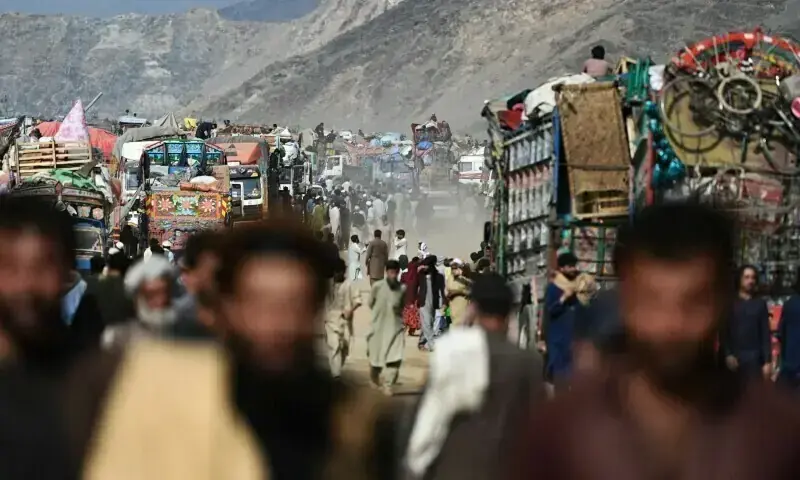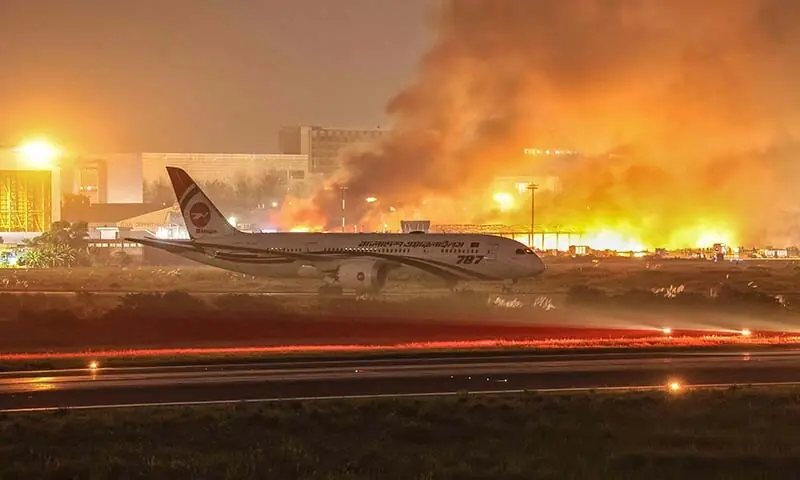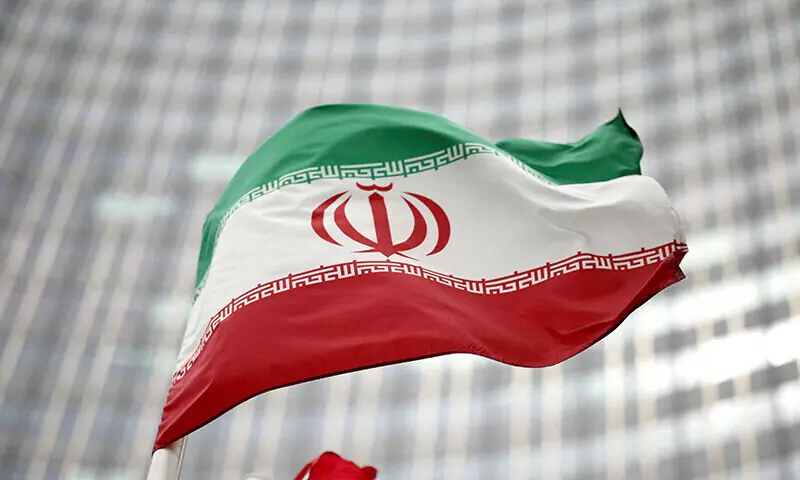In a high-level meeting, chaired by Prime Minister Shehbaz Sharif, it was reported on Friday that as of October 16, a total of 1,477,592 Afghan citizens have been repatriated and the government will not grant any further extensions.
Since September 1 this year, a campaign has been underway to expel more than 1.3 million Afghan citizens holding Proof of Registration (PoR) cards, the last category of refugees living legally in the country without visas.
According to a statement issued by the Prime Minister’s Office (PMO), those attending the meeting were told that only those Afghans holding a valid Pakistani visa would be allowed to stay in Pakistan and that the number of exit points on the Afghan side is being increased to make the repatriation process smoother and faster.
“Officials informed the meeting that harboring Afghan nationals residing illegally in Pakistan or allowing them to stay in guest houses is a criminal offence, and efforts are being made to identify such persons. The public will be involved in the repatriation process and no one will be allowed to violate government policy by providing shelter to Afghan nationals,” the PMO statement said.
Prime Minister Shehbaz emphasized that during the repatriation of illegal Afghan refugees, the elderly, women, children and minorities must be treated with dignity.
The meeting was attended by Chief of Army Staff Field Marshal Asim Munir, Chief Ministers of all provinces except KP, Chief Minister of Azad Kashmir, federal ministers and other officials.
Referring to Afghanistan, the prime minister said senior Pakistani officials, including the deputy prime minister, had visited Kabul several times to hold talks with the Afghan interim government, urging them to prevent Afghan soil from being used for terrorism against Pakistan.
“Pakistan has made serious diplomatic and political efforts to stop the infiltration of militants from Afghanistan,” the prime minister said during the meeting.
“The brave people of Pakistan, who have lost loved ones in the war on terrorism, are now asking themselves: how long will the government continue to bear the burden of Afghan refugees?”
The prime minister maintained that the recent attack on Pakistan’s border areas from Afghanistan and support for terrorist infiltration is a “matter of grave concern”.
“The brave armed forces of Pakistan gave a strong and decisive response to this attack. Under the leadership of Field Marshal Asim Munir, the Pakistani Armed Forces repelled the Afghan attacks. The entire nation joins me in paying tribute to them,” Shehbaz added.
Concluding the meeting, the Prime Minister urged all provinces to provide full cooperation in the matter of repatriation of Afghan refugees. The forum also decided that all recommendations presented would be “strictly implemented.”
The UN refugee agency had reported that more than 3.5 million Afghans had been living in Pakistan, including around 700,000 people who arrived after the Taliban takeover in 2021. The UN estimated that half of them were undocumented.
Although Pakistan had cared for Afghans during the last decades of war, the government is now forced to say that the high number of refugees ends up posing national security risks and putting pressure on public services.








